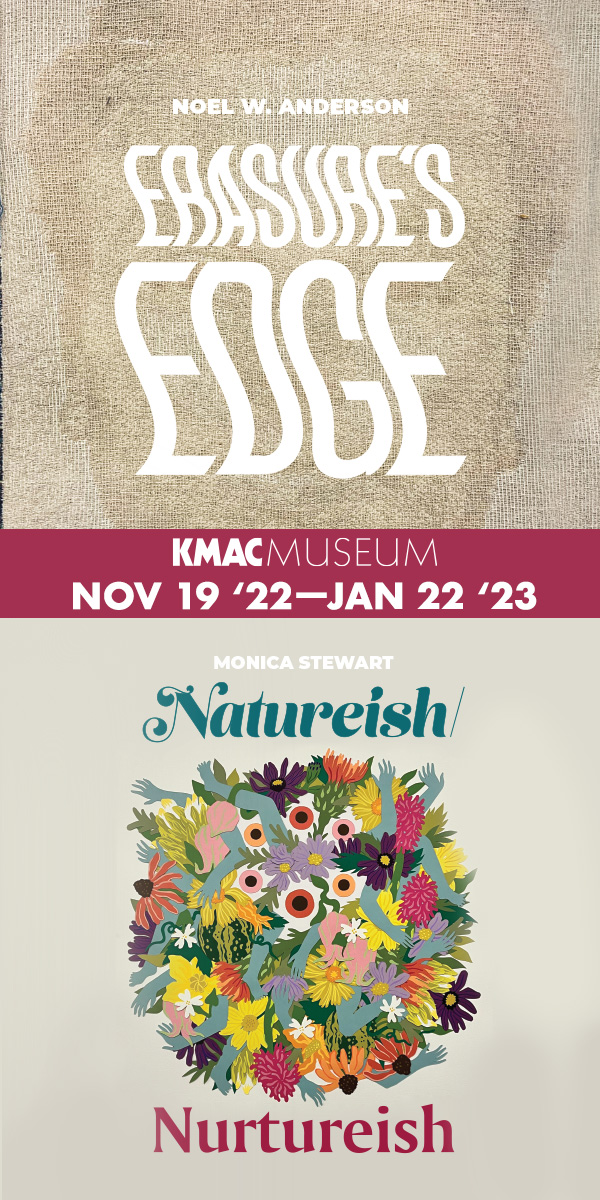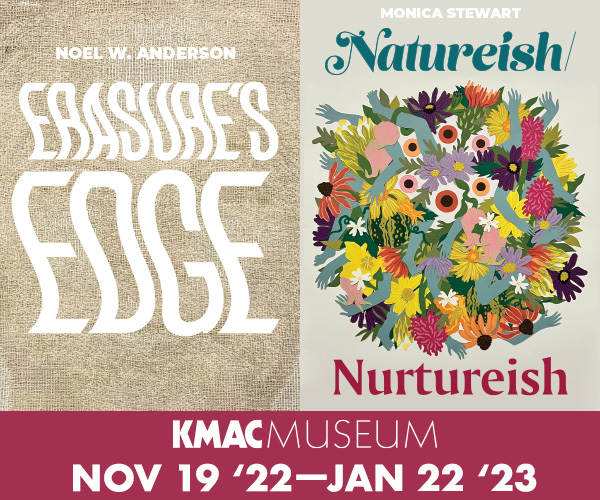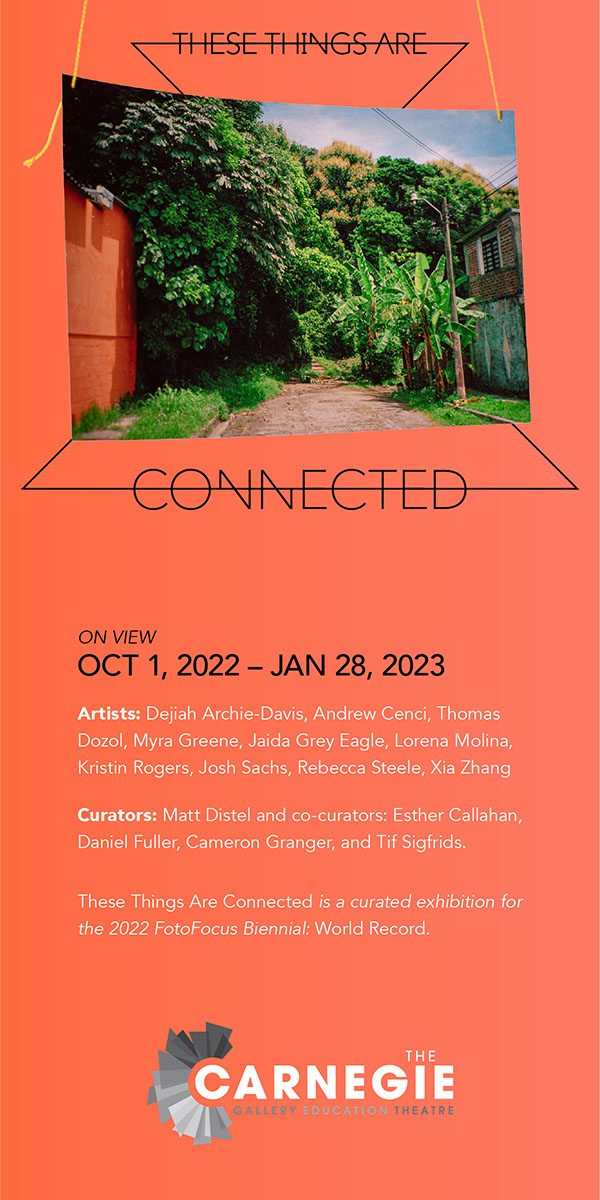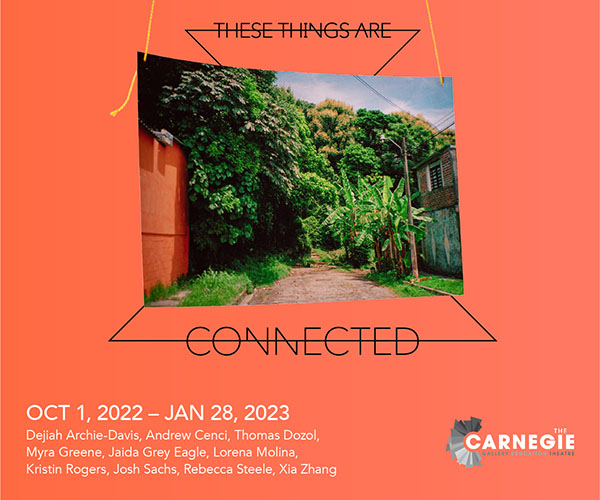The opening notes of “Without Applause,†the first track off the forthcoming Horse Feathers album “Appreciation,†belie the NPR-blessed “Beardy Pacific Northwest Folk-Pop†status the band has achieved in recent years. It’s an up-tempo throwback that feels more at home in the mid-seventies singer-songwriter era than in the catch-all frame of “indie folk.†The ascending melodic lines in a major key, the hint of conga drums, some tasteful soul piano and a big finish complete with choir vocals defy a genre lately stagnating from a distinct lack of these added elements. All this goes to say that Astoria, Oregon-based Horse Feathers isn’t your standard indie folk band. Hell, Horse Feathers isn’t your standard band, period.
Horse Feathers isn’t so much an ongoing group as much as it seems to be a shifting collective of musicians wrapped around the singular songwriting prowess of Justin Ringle. There have been multiple iterations of the outfit in the 14 years since its founding, and the only constant has been Ringle. It’s this unconventional assembly of lineups that refreshes Horse Feathers, providing longevity and a creative wellspring.
“The blessing and the curse of this project and being able to sustain a 14-year project,†says Ringle, “is the fact that I’ve had multiple incarnations of the band.â€
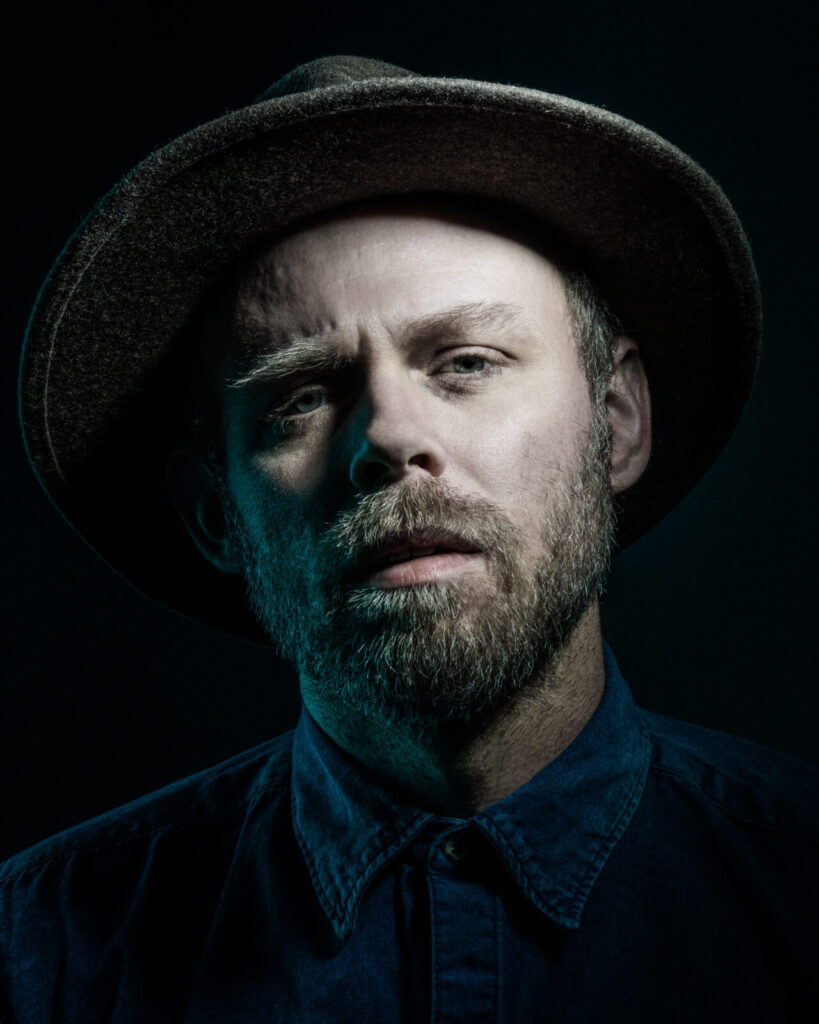
“On one hand, that’s been the Achilles heel – to keep personnel around. But, the positive of that – working with different people and collaborators – has kept the project alive in a different way and kept it interesting for me.â€
The current form of the band includes longtime collaborator Nathan Crockett, as well as two new faces rounding out the rhythm section. Of course, these faces may be new to Horse Feathers, but anyone paying attention to Lexington’s burgeoning music scene over the past several years would be able to pick J. Tom Hnatow and Robby Cosenza out of any lineup.
May 4th will see the release of “Appreciation,†an album recorded in Kentucky between La-La Land Studio in Louisville and Shangri-La Productions in Lexington with local recording wunderkind Duane Lundy (for more on Lundy, see “Duane Lundy’s Crossfade Momentâ€).
“Upon a stop by the studio, while I was in another session,” recalled Lundy, “Justin and I hit it off pretty quickly and found a kinship in texture and depth of field, and how it could potentially serve as an interesting backdrop to Justin’s very intelligent and nuanced songwriting, arrangement, and productions.”
It might sound like a stretch for an Oregon band to record in Kentucky, but Ringle describes it more as a moment of serendipity. He has ties through his partner to Louisville, and he crossed paths with Hnatow and Cosenza on the road on several occasions. When it came time to round out the band for the next album, they came on board and provided the last tie to Shangri-La, where both have been major repertory players in Lundy’s operation.

Lundy said Horse Feathers presented him with an opportunity to work in a very focused and liberating way. “Justin and the band allowed me a great deal of freedom to engineer, and mix in a way that felt fresh, but an outgrowth of what I had been working towards over the last couple of years. Working on such detailed material was in particularly refreshing with Tom and Robby on the session. We were all being challenged to stretch out in some different directions, and it served as a very healthy thing for my own process.”
Solidifying a band with members based nearly 2500 miles apart might seem a daunting task, and it often is.
“It’s us vs. geography in a way,†says Ringle.
Hnatow shrugs it off, however, noting, “I’ve never been in a band that’s all been in the same city.†His time spent in These United States and Vandaveer, both multi-state outfits, gives context to his devil-may-care attitude.
Cosenza sees the distance as even a positive, forcing the group to focus.
“The benefit is we don’t see each other the same way. We do a lot of work in a succinct amount of time.â€
Time seems to be the one thing Horse Feathers has plenty of. After 14 years at it, Ringle considers himself a lifer, although he’s fatalistic about what that means. Where others would speak of a life of music-making in only positive terms, Ringle sees in it a certain quiet inevitability.
“You kind of reach a point where – [after] you get into a decade or longer time period – where you don’t know how to leave it,†Ringle said. “I don’t think I’m able to do that. After it becomes your identity, you can’t get away.â€
He’s been at it long enough to be able to eschew the standard-issue aspirations of rock superstardom and an endless supply of cash for broader goals of personal enrichment.
“I just want to have different experiences,†says Ringle. “For some, it’s about vertical ascent. For me, it’s all about expanding horizontally into new facets. All I’m looking for are angles.â€
Cosenza augments this with his own goal: “I just want Bob Dylan to open for us at Madison Square Garden.â€

